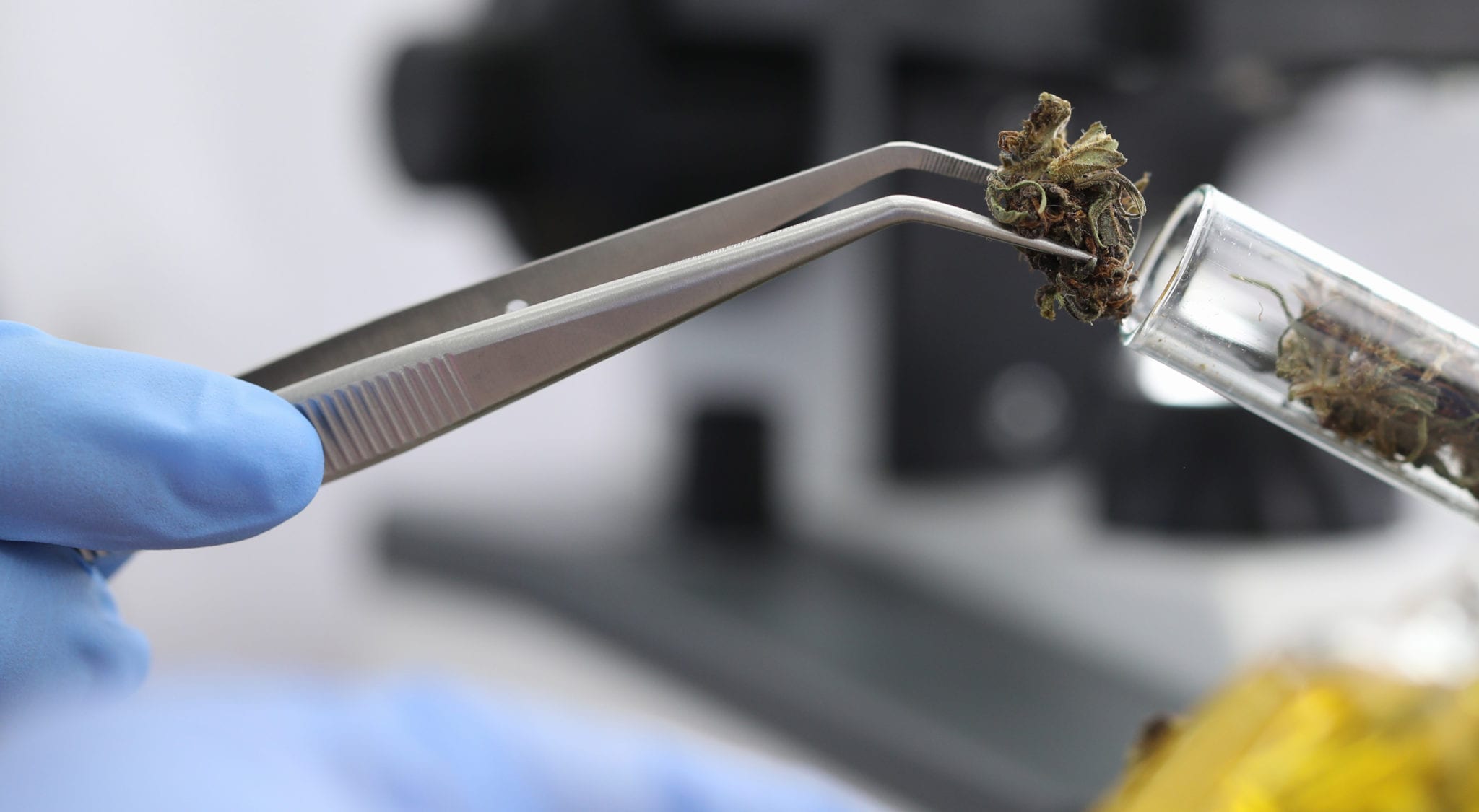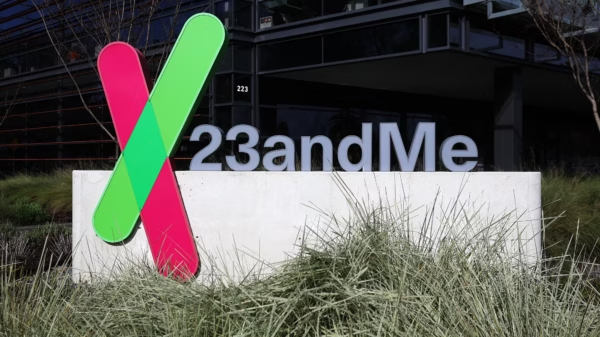Tetra Bio-Pharma Inc.‘s (TSX-V: TBP) strategy of developing a pipeline of cannabis-based drugs for rare diseases continues to gain U.S. FDA support.
On Wednesday, the Ontario-based company shared details about its expanding orphan drug strategy inside the U.S. market.
Tetra said it received a fifth orphan drug designation (ODD) from the U.S. Food and Drug Administration this week for a CBD topical it’s developed to treat epidermolysis bullosa, a rare genetic skin disorder that can be fatal.
The company said building up a trove of intellectual property by developing these cannabis-based drugs is key to its strategy in the U.S. because it allows it to secure financial benefits and gain market protection from the FDA.
The U.S. Orphan Drug Act was created to financially support companies developing drugs that treat, or prevent, diseases affecting fewer than 200,000 people. Because the medical conditions are so rare, it wouldn’t otherwise be profitable to produce treatments without government assistance.
A drug with ODD status also gives a company marketing development rights and a 50 per cent tax credit to cover clinical trials performed in the U.S.
If the drug is then approved, the developer has a exclusive marketing rights for seven years, as well as having a fast-track approach to new submissions, a waiver for new drug approval fees, and further financial support.
“Many drugs fail during pre-clinical development and only a few make it to marketing approval for use in humans,” Tetra CEO Guy Chamberland said in a statement. “A pipeline is critical to any pharmaceutical company’s survival and Tetra is delivering this security for its long-term growth. The ODD strategy has been expanded during COVID-19 and is part of Tetra’s strategy to secure first drug approvals and work with commercial partners to launch potential products sooner.”
Yesterday, @TetraBioPharma shared its Orphan Drug Development strategy and a management update. Tetra continues to find ways to advance its clinical trials during #COVID19 without slowing regulatory and clinical activities https://t.co/hU8mJwxXUd
— Tetra Bio-Pharma (@TetraBioPharma) April 23, 2020
Tetra touts trailblazer status for cannabis medicine
As the company expands its ODD portfolio, Chamberland added, it will look at bringing on strategic partnerships in the development of some drugs.
Although gaining ODD status from the FDA doesn’t mean the drug has been deemed safe, effective or legal, Tetra said designations allow it to gather scientific data that supports how cannabis can be effective in treating rare diseases.
Read more: Tetra Bio-Pharma hires pediatric meds exec as president
With its ODD portfolio, the company said it’s positioning itself as a world leader in cannabinoid drug development. In the coming weeks it plans to announce eye and additional topical drug programs.
In January, Tetra said it gained Health Canada approval for two over-the-counter weed drugs that treat back pain and hemorrhoids.
And in December, the company received ODD status for a cannabis-derived drug that treats a deadly form of liver cancer.
Read more: US FDA gives rare designation to THC cancer drug in clinical trials
Tetra Bio-Pharma traded on the Canadian Securities Exchange for $0.29 on Thursday, with a market capitalization of $71 million.
Top image via Deposit Photos
jared@mugglehead.com
@JaredGnam














